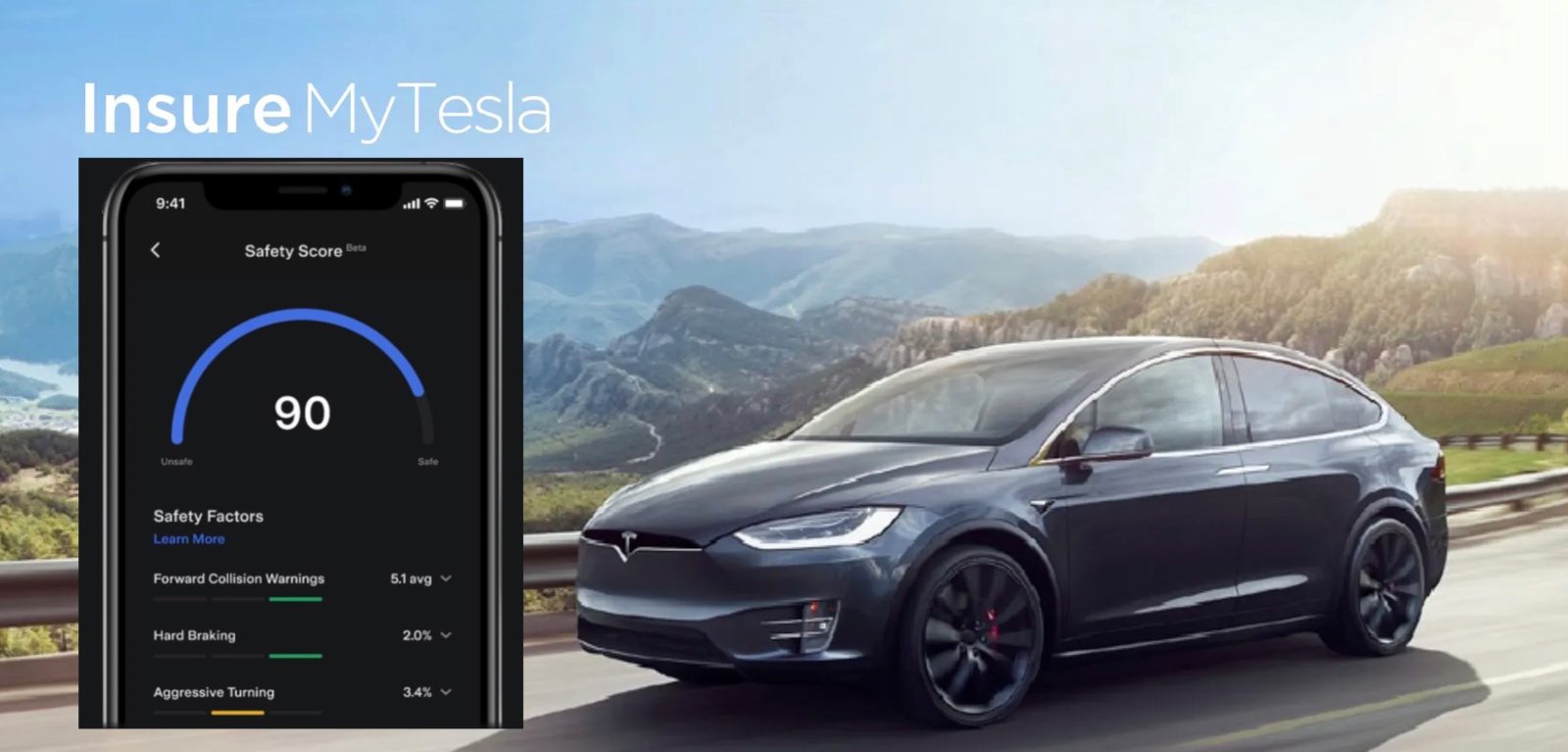
Tesla is launching today its Safety Score 2.0, a new version of its driver scoring system to attempt to make it fairer as it influences insurance costs.
When launching its own car insurance product, Tesla utilized its capacity to collect real-time driving data from its vehicles to create what it calls a “Safety Score,” which basically gives drivers a score based on how and when they drive in order to affect their monthly premium negatively or positively.
The score would be affected by things like the number of “Forward Collision Warnings” you get, the amount of hard braking you do, aggressive turning, unsafe following distance, and if you get forced Autopilot disengagement.
Now Tesla has launched what it calls Safety Score 2.0, and it includes significant changes to program:
- Added Excessive Speeding as a new Safety Factor. More time spent driving over 85 mph will lead to a lower Safety Score.
- Added Unbuckled Driving as a new Safety Factor. Time spent driving over 10 mph without buckling the driver’s seatbelt will lead to a lower Safety Score.
- Updated Late Night Driving to be risk weighted based on when you are driving from 10 PM – 4 AM. The impact of late night driving on your Safety Score will depend on the proportion of time spent driving in each hour from 10 PM – 4 AM. The impact on your Safety Score is now reduced earlier in the night and increased later in the night.
- Updated Hard Braking Safety Factor to exclude braking events that occur when the vehicle detects a yellow traffic light.
The first two are newly added behaviors that drivers need to avoid now, but the last two are changes to existing factors in Tesla insurance.
Tesla insurance users who have to regularly drive at night were complaining that they had to pay higher premiums. It looks like Tesla is trying to address that with the change to late night driving hours.
The same goes for not deducting points for hard braking if it’s because of a yellow light.
Hopefully, this results in safe drivers having to pay less for insurance.
FTC: We use income earning auto affiliate links. More.